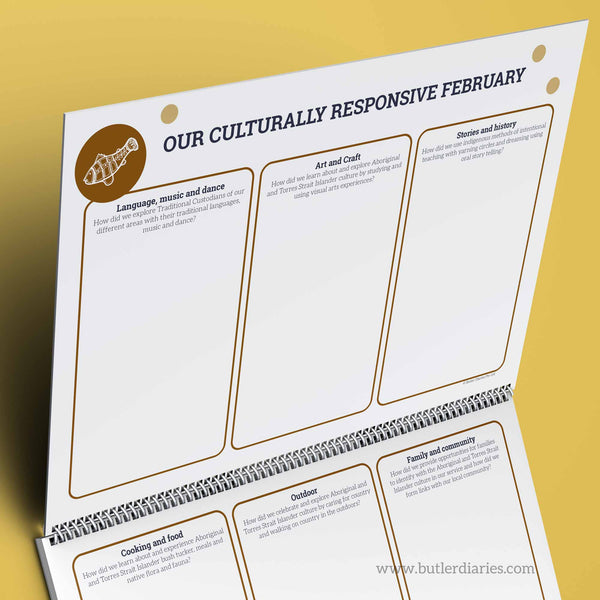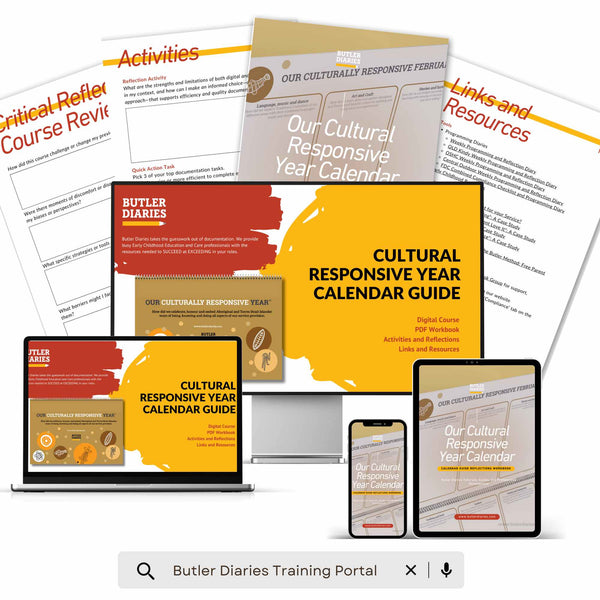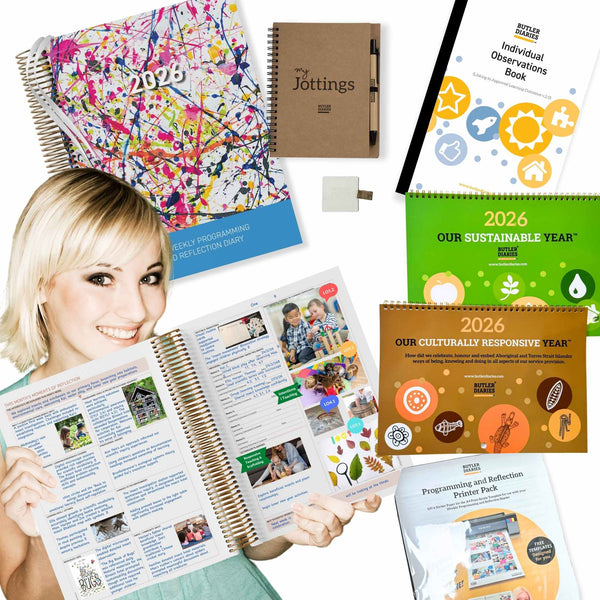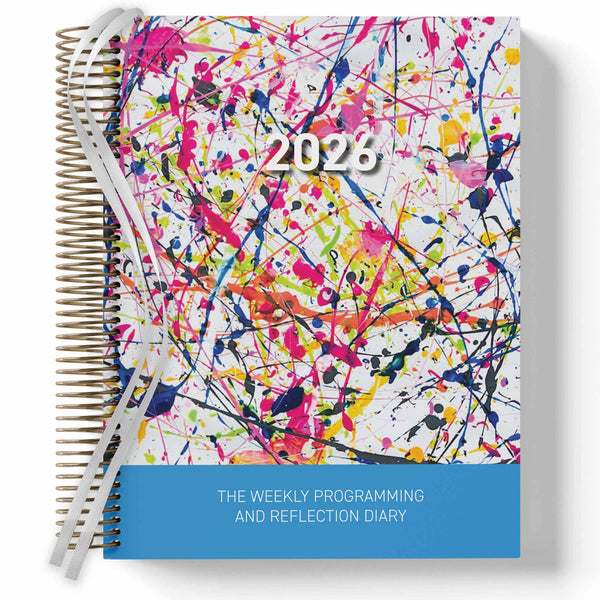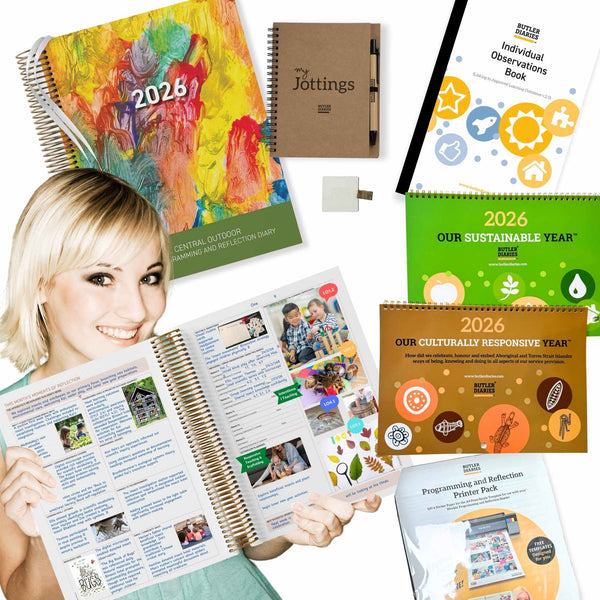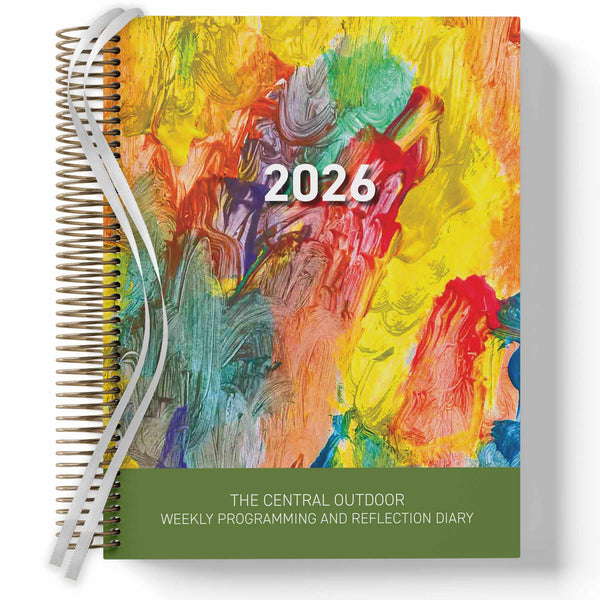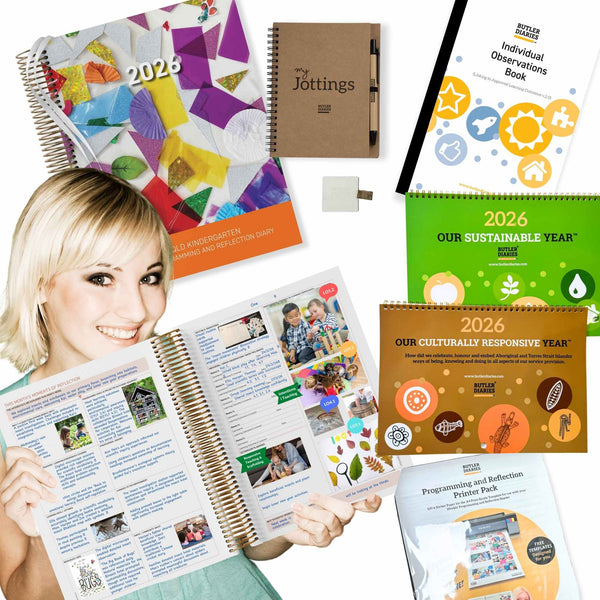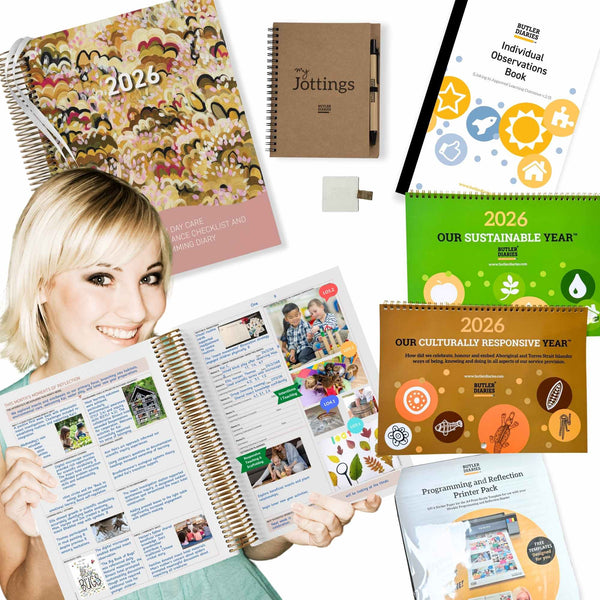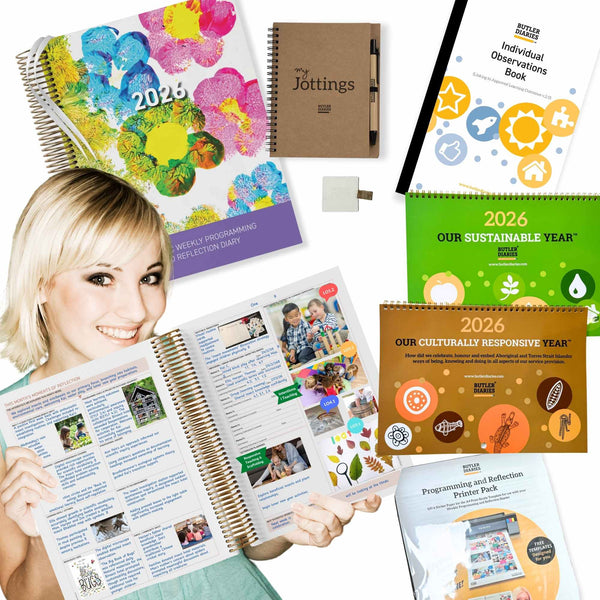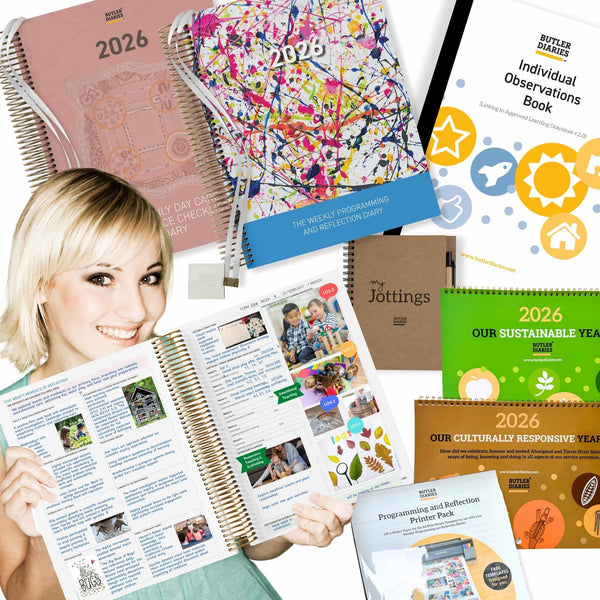Bring Cultural Diversity to Life in Your Classroom
Early childhood education thrives when it reflects the rich tapestry of our world. For educators looking to create inclusive learning environments, adapting activities to embrace different traditions and narratives is key. That’s where tools designed for cultural adaptation come in, offering a practical way to weave diversity into everyday lessons.
Why Cultural Inclusion Matters
Young children learn best when they see their own experiences mirrored in stories, songs, and crafts. By tailoring resources to include elements from various backgrounds—whether it’s an Indigenous Australian storytelling style or an Asian-inspired craft—you’re not just teaching a lesson; you’re building empathy and understanding. This approach helps kids appreciate differences from an early age, setting the foundation for a more connected future.
A Simple Way to Adapt Resources
Imagine turning a familiar nursery rhyme into a celebration of a specific heritage with just a few clicks. Educators can access tailored suggestions that highlight unique props, language, or customs, making lessons resonate with every child. It’s about creating spaces where everyone feels seen, and the impact of that can’t be overstated. Start exploring ways to enrich your teaching today!
FAQs
How does the Cultural Resource Converter ensure cultural accuracy?
We’ve built this tool with input from cultural experts and educators to create a database of authentic elements, themes, and narratives. It’s not just a random swap of words—each suggestion is rooted in real traditions or practices. That said, we always encourage teachers to double-check with community members or resources if they’re representing a specific culture in their classroom. It’s about respect and getting it right.
Can I use this tool for cultures not listed in the options?
At the moment, our database covers a range of widely requested cultural contexts like Indigenous Australian, Asian, and European. If there’s a specific culture you’d like to see included, let us know through the feedback form! We’re constantly updating and expanding based on what educators need. For now, you can adapt suggestions from similar regions as a starting point.
Is this tool suitable for all age groups in early childhood?
Absolutely, it’s designed with early childhood in mind, so think preschool through to early primary years. The outputs are simple enough for little ones to grasp but can be layered with more detail if you’re working with slightly older kids. You’ll get steps that are easy to tweak based on the developmental stage of your group—just add or simplify as needed!









